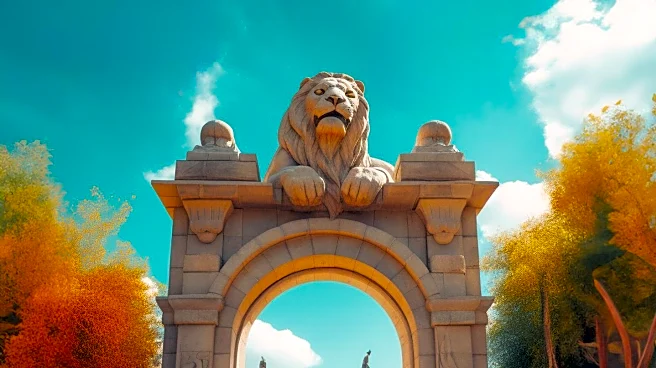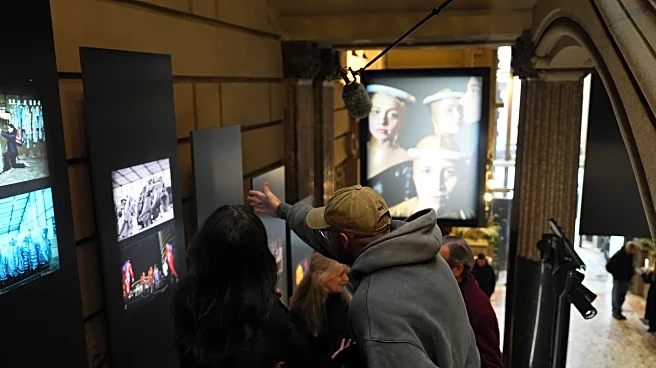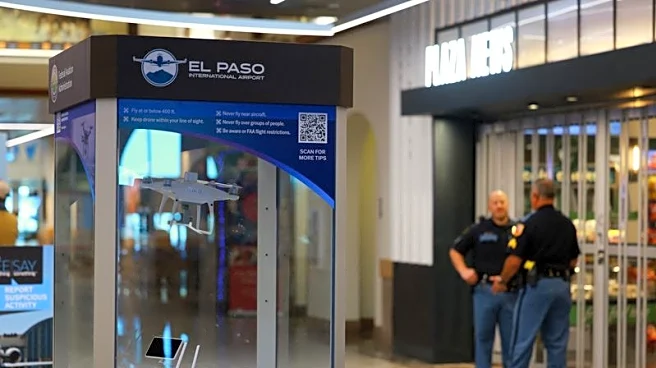What's Happening?
Tel Aviv is offering its first-ever kiosk for rent, a historic hexagonal structure built in 1910 on Rothschild Boulevard. This kiosk, originally selling gazoz, a flavored soda drink, marked the beginning of Tel Aviv's café culture. The city has published a tender to lease two historic kiosks at the corner of Rothschild and Herzl Street, including the original stand. The kiosk covers 10 square meters and was initially built to serve construction workers. It was demolished in 1989 and rebuilt in 2004 with funding from the Phoenix insurance company and the Tel Aviv Foundation. The new tenant will be required to sell a few items at regulated prices.
Why It's Important?
The tender for the historic kiosk reflects a broader shift in how Tel Aviv residents use public spaces. Rothschild Boulevard, a significant cultural and social hub, combines historic buildings with modern amenities, making it a vital part of the city's identity. The initiative to lease these kiosks is part of a movement to revitalize public spaces, encouraging social interaction and community engagement. This move could influence urban planning and development strategies, emphasizing the importance of preserving historical sites while adapting them for contemporary use.
What's Next?
Offers for the kiosk lease will be accepted until October 30, following a bidders' conference. The outcome of this tender could set a precedent for similar initiatives in other parts of Tel Aviv and potentially other cities. Stakeholders, including local businesses and cultural organizations, may express interest in utilizing these spaces to enhance community engagement and cultural activities.
Beyond the Headlines
The leasing of historic kiosks in Tel Aviv highlights the city's commitment to preserving its cultural heritage while adapting to modern needs. This initiative may inspire other cities to explore similar projects, balancing historical preservation with contemporary urban development. It also raises questions about the role of public spaces in fostering community identity and cultural continuity.











